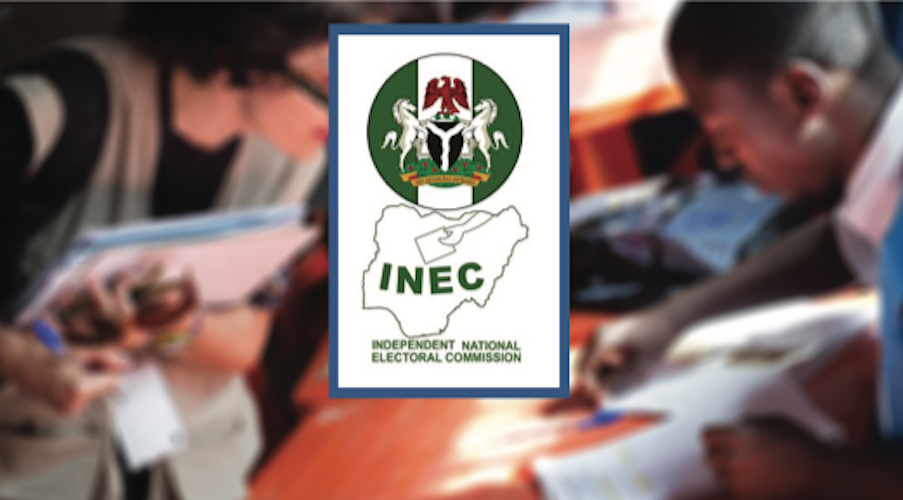
Promoting transparency and accountability in Nigerian politics is crucial for building a prosperous and peaceful society. Nigeria is the most populous country in Africa, and its political scene has been marred by corruption, mismanagement, and lack of accountability.
However, transparency and accountability are essential for the growth and development of any nation, and Nigeria is not an exception. Here are some ways to promote transparency and accountability in Nigerian politics:
To promote transparency and accountability, there is a need to strengthen institutions such as the judiciary, police, and anti-corruption agencies. These institutions need to be independent and have the necessary resources to carry out their mandate effectively. The government needs to provide adequate funding for these institutions and ensure that they are free from political interference.
Nigeria needs to have effective laws that promote transparency and accountability in politics. The government needs to implement these laws effectively and hold public officials accountable for their actions. Laws such as the Freedom of Information Act, the Whistleblower Protection Act, and the Code of Conduct Bureau and Tribunal Act need to be enforced strictly. This will promote transparency and accountability in public service and discourage corrupt practices.
The government needs to embark on public awareness campaigns to educate the citizens on their rights and the importance of transparency and accountability in governance. The citizens need to understand that they have the power to demand accountability from their elected officials. The government can use different media platforms such as radio, television, and social media to carry out this campaign.
The media plays a crucial role in promoting transparency and accountability in Nigerian politics. The government needs to strengthen the role of the media in exposing corrupt practices in the public sector. The media should be free to carry out their duties without fear of intimidation or harassment. The government can achieve this by enacting laws that protect journalists and by providing them with the necessary resources to carry out their work effectively.
One of the ways to promote transparency and accountability in Nigerian politics is through the use of an electronic voting system. This will help to eliminate electoral fraud and manipulation of results. The government needs to invest in this technology and ensure that it is implemented in all elections at all levels.
The Nigerian government needs to adopt an open data policy. This will enable citizens to have access to information on government activities, budgets, and public projects. This will promote transparency and accountability in governance, and citizens will be able to hold their elected officials accountable for their actions.
The citizens of Nigeria need to be more engaged in the political process. They need to participate actively in elections and hold their elected officials accountable for their actions. Civic groups and organizations need to be established to monitor government activities and promote transparency and accountability in governance.
Corruption is one of the major challenges facing Nigeria, and the government needs to tackle this issue head-on. The government needs to embark on an anti-corruption campaign that targets public officials and private individuals who engage in corrupt practices. The government needs to prosecute corrupt individuals swiftly and recover stolen assets or funds. This will send a strong message to others and discourage corrupt practices.
The political parties in Nigeria need to be reformed to promote transparency and accountability in politics. The parties need to have clear and transparent processes for selecting their candidates for elections. The parties should also be required to disclose their sources of campaign funding and expenditure. This will promote transparency and accountability in the political process.
Local governments play a crucial role in promoting development and providing basic services close to the people. The Nigerian government needs to strengthen local government systems by providing them with adequate resources to carry out their mandate effectively.
promoting transparency and accountability in Nigerian politics is crucial for the development and progress of the country. Corruption and lack of accountability have been major challenges facing Nigeria’s political system, leading to a loss of public trust in government institutions and hindering economic growth and social development. To address these challenges, various measures must be taken, including strengthening democratic institutions, promoting citizen participation and activism, ensuring a free and independent media, and creating a culture of transparency and accountability.
Nigerian leaders must be committed to promoting transparency and accountability in all aspects of governance. They should lead by example by declaring their assets and making their financial records available for public scrutiny. They must also ensure that anti-corruption agencies are given the necessary resources to carry out their duties without fear or favour.
There is a need for institutional reform. The current political and administrative structures in Nigeria are not conducive to promoting transparency and accountability. There is a need to strengthen institutions such as the Independent National Electoral Commission (INEC), the Economic and Financial Crimes Commission (EFCC), and the Code of Conduct Bureau (CCB). These institutions must be given the autonomy and independence they need to carry out their duties effectively.
Again, citizens must be involved in the decision-making processes at all levels of government. This can be achieved through the use of town hall meetings, public consultations, and other forms of civic engagement. When citizens are involved in decision-making, they are more likely to hold their leaders accountable for their actions.
It is also important to promote transparency and accountability in the electoral process by ensuring that elections are free, fair, and transparent. This can be achieved through the use of technology, such as electronic voting and biometric registration, to reduce electoral fraud and manipulation. Additionally, political parties must promote internal democracy and transparency in their activities and selection of candidates.